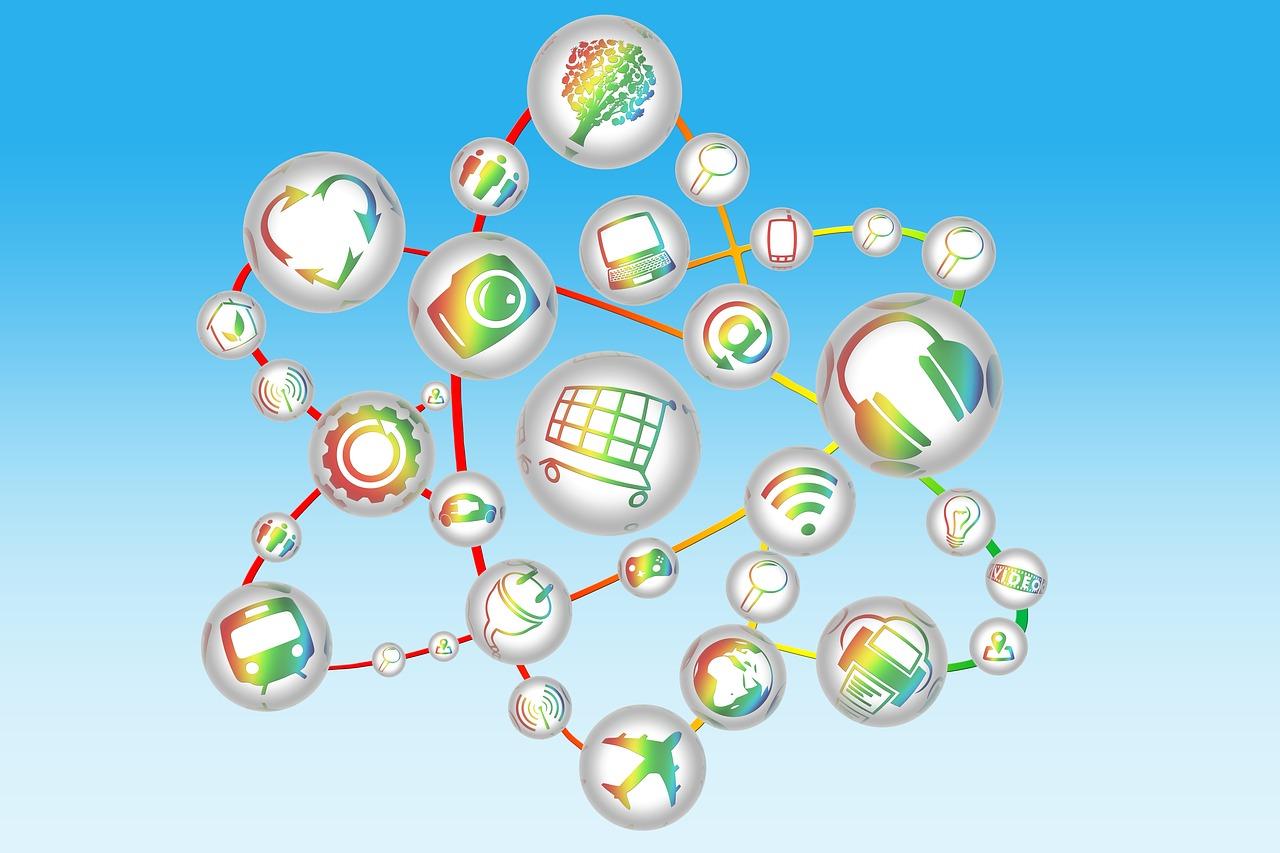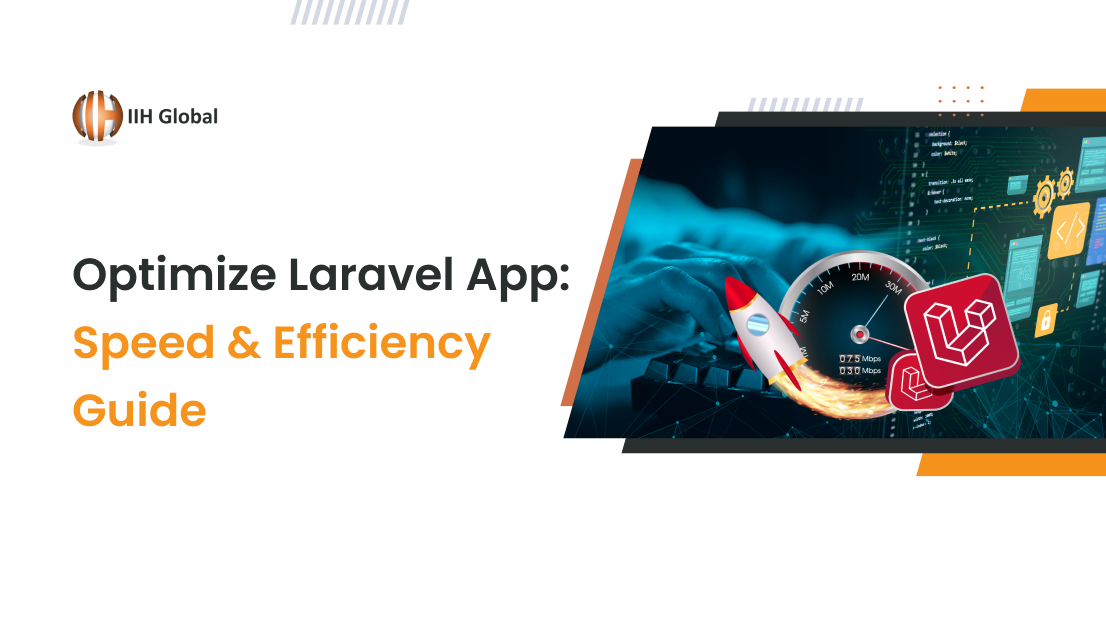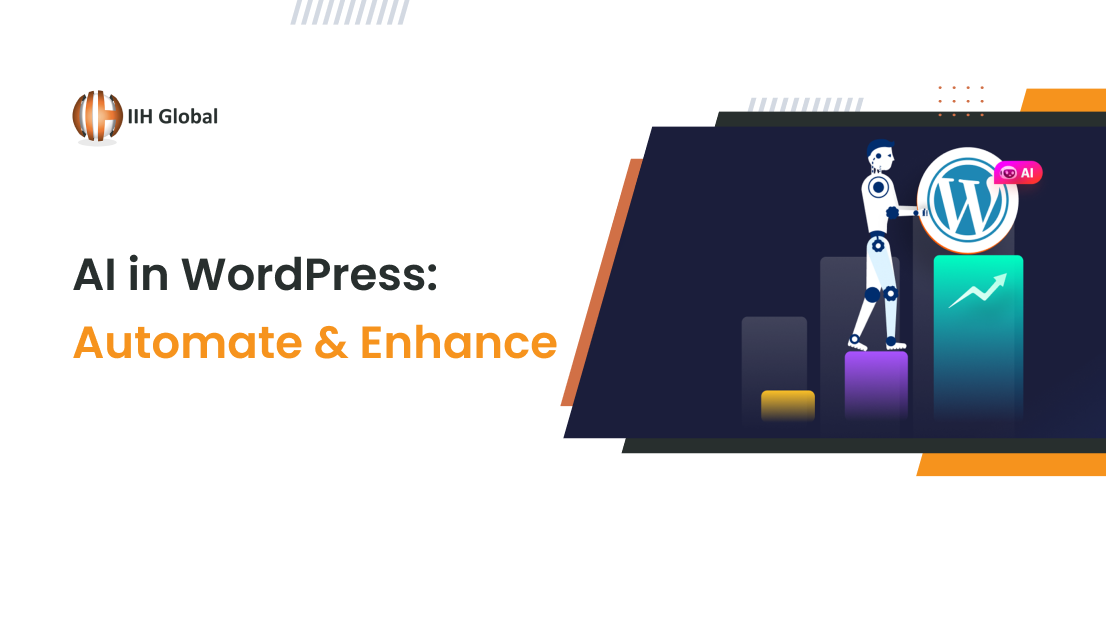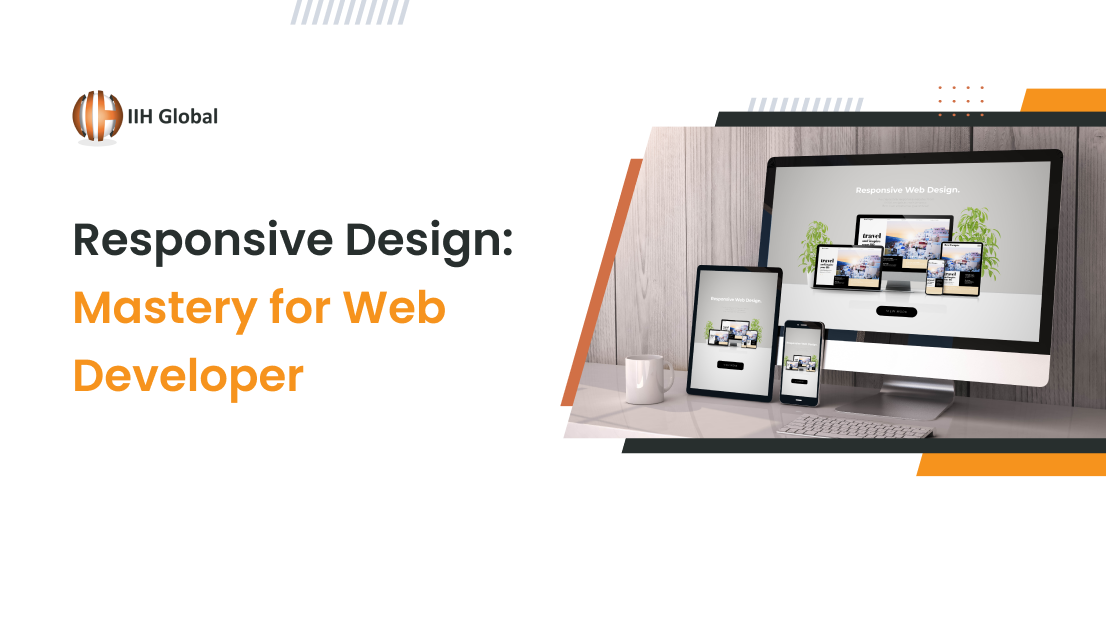3 Ways in Which IoT Will Influence The Future of Digital Marketing
The integration of Internet of Things (IoT) technology is poised to revolutionize the landscape of digital marketing in the coming years. By leveraging IoT data and connectivity, marketers will have unprecedented opportunities to personalize customer experiences, optimize targeting strategies, and enhance overall campaign performance. In this blog post, we will explore three key ways in which IoT will shape the future of digital marketing. The cornerstone of effective marketing lies in understanding the needs, preferences, and behaviors of your target audience. Here, IoT emerges as a game-changer, offering unparalleled access to real-time data and insights. Through interconnected devices, businesses can gather a wealth of information regarding customer interactions, product usage patterns, and even environmental factors. By harnessing the power of IoT-generated data, marketers gain invaluable insights into consumer behavior. From tracking online browsing habits to monitoring physical interactions with smart devices, every touchpoint becomes a source of actionable intelligence. This granular understanding enables businesses to tailor their marketing efforts with pinpoint accuracy, delivering relevant content and offers precisely when they are needed most. Armed with comprehensive customer profiles derived from IoT data, marketers can craft highly personalized campaigns that resonate on a deeper level. From personalized recommendations based on past purchases to targeted promotions triggered by real-time location data, the possibilities are limitless. By anticipating consumer needs and preferences, brands can forge stronger connections and drive engagement like never before. In the age of information overload, capturing and retaining audience attention is no easy feat. Traditional advertising channels are becoming increasingly saturated, prompting marketers to seek innovative ways to cut through the noise. Enter IoT-powered advertising, where relevance and context reign supreme.How will IoT Influence the Future of Digital Marketing?
1. Enhanced Customer Insights
Utilization of IoT Data:
Personalization of Marketing Campaigns:
2. Revolutionized Advertising Strategies
Integration of IoT Devices:
One of the most compelling aspects of IoT is its ability to seamlessly integrate with everyday devices, from smartphones and wearables to smart appliances and connected cars. By leveraging these interconnected ecosystems, marketers can deliver targeted advertisements directly to consumers in their moment of need. Whether it's a timely promotion for a nearby store or a personalized offer based on recent purchases, IoT enables hyper-targeted messaging with unparalleled precision.
Optimization of Ad Placement:
Beyond targeted messaging, IoT-driven analytics empower marketers to optimize ad placement for maximum impact. By collecting and analyzing real-time data on consumer behavior and environmental factors, advertisers can identify prime locations and moments to deliver their messages. Whether it's adjusting digital signage based on foot traffic patterns or triggering mobile ads based on proximity to a specific location, IoT enables dynamic, context-aware advertising that captures attention and drives conversions.
3. Seamless Omni-Channel Experiences
In today's digital landscape, consumers expect a seamless experience across channels and touchpoints. Whether they're browsing online, shopping in-store, or engaging with a brand through social media, consistency is key. Here, IoT serves as the linchpin, bridging the gap between physical and digital realms to deliver unified experiences that transcend individual channels.
IoT's Role in Unified Experiences:
By connecting disparate systems and devices, IoT enables brands to orchestrate cohesive experiences that span the entire customer journey. From personalized recommendations that seamlessly transition from online to offline channels to IoT-enabled loyalty programs that reward engagement across platforms, the possibilities for seamless integration are endless. By breaking down silos and fostering cross-channel cohesion, IoT empowers brands to deliver frictionless experiences that drive satisfaction and loyalty.
Tracking Customer Interactions and Preferences:
At the heart of omni-channel marketing lies the ability to track and analyze customer interactions across touchpoints. Here, IoT shines, providing real-time visibility into how consumers engage with brands across channels. Whether it's monitoring social media sentiment, tracking website interactions, or analyzing in-store foot traffic, IoT enables marketers to gain a holistic view of the customer journey. Armed with this insight, brands can refine their strategies, optimize their channels, and deliver more relevant and impactful experiences at every step of the way.
Conclusion
IoT will revolutionize digital marketing by offering real-time customer insights, enabling hyper-targeted advertising, and fostering seamless omni-channel experiences.
Get in touch with us or email us at sales@iihglobal.com to discover how IoT can transform your digital marketing strategies today.







